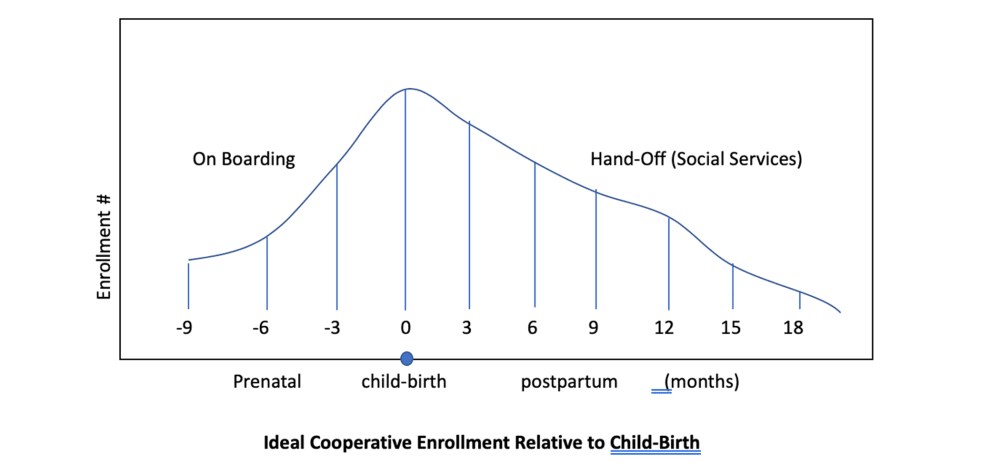An Outline Mitigating the Effects of Economic Competition on Homeless Mothers
Abstract:
The “Maternal Cooperative” is an effort to better support high risk single homeless mothers and infants in the first few years of bonding and development. This effort is based on creating a new understanding of the origins and adverse effects of individual level economic competition that undermines the general stability of these particular mothers. With this understanding we move to develop a short-term solution that fully supports these mothers and infants during this very critical financial and infant bonding phase.
Premise:
‘Economic Competition’ is the competition for money and resources. In this context we focus on the competition over limited funds and resources on an individual basis. Economic Competition for limited available cash is a primary cause of family strife particularly in low income families and the negative impact is especially profound on homeless mothers with infants.
The real risk of financially unstable families competing for these limited resources is that it promotes unsafe physical and emotional conditions for these mothers and children in the critical first years of social development. Furthermore, many low-income mothers in unstable family situations are unsupported with income earning or emotionally supportive fathers. This situation greatly stresses the mother and places the infants at risk of some degree of maternal deprivation.
Economic competition can result in; low-income mothers with infants to be on a constant search for basic needs support from extended family members, friends and acquaintances, only to find themselves in direct economic competition with their hosts limited financial resources. Ensuing confrontations can be attributed to phycological parameters that are intended to minimize that financial risk for the host and is often an overt psychological separation method to avoid direct verbal denial of services and support to the mother and children. This social confrontation with the host/potential host, reduces or removes any temporary financial support. This situation is more common in low-income situations due to the higher economic loss ratio.
Solution: Maternal Cooperative Concept and Actions
1. Increase research on the impact of individual level economic competition on homeless mothers
2. Provide a safe and stable haven for qualified high-risk mother and child
3. Create a “Maternal Cooperative” that directly supports select high-risk mothers and infants in their first two years via a modified dormitory structure that is integrated with social services and universities to meet the social and education needs and be maintenance by data-driven feedback. Embedded education classes are designed for success beyond this co-op program would include;
a. Local Nurse Family Partnership support and family planning, mental health evaluation, chemical addiction mitigation, phycology, child phycology.
b. Healthy food preparation, home economics, day care support, reading, writing, mathematics, job preparation, financial Intelligence.
The goal is to provide a safe structured and stable social haven for high risk mothers and infant children that can help prepare them for success with mental fortitude, new skills and employment at a venerable time.
See Ideal Enrollment Timeline Illustration
Like this entry?
-
About the Entrant
- Name:Craig Coppock
- Type of entry:teamTeam members:Craig Coppock
Laura Coppock RN BSN - Patent status:none

